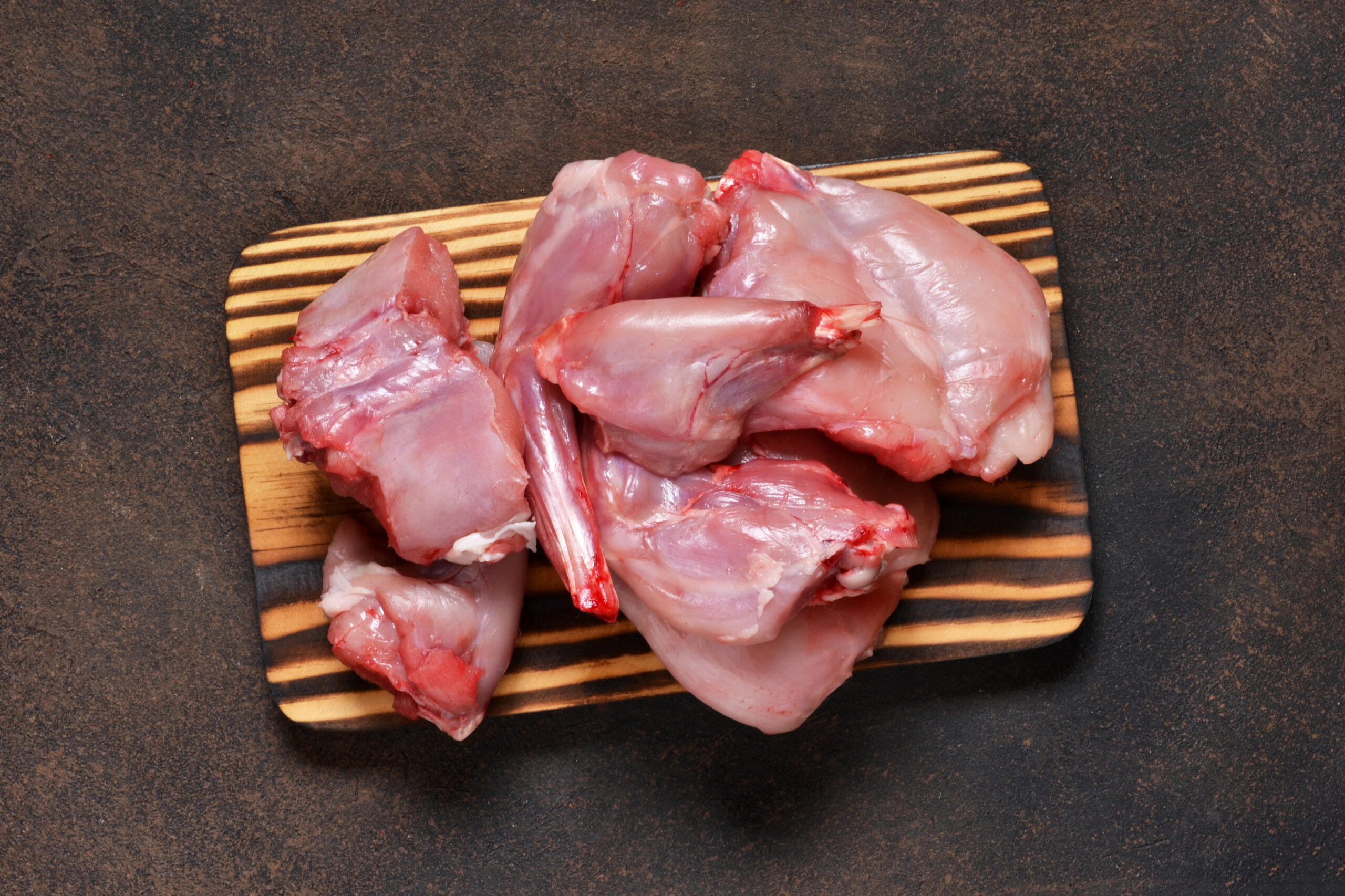How Healthy is Rabbit Meat?
Rabbit meat is often considered a delicacy in many parts of the world, and it is gaining popularity due to its lean and nutritious qualities. In recent years, rabbit meat has been praised for its health benefits and low environmental impact. In this article, we will explore the nutritional value of rabbit meat, its advantages, and some frequently asked questions about its consumption.

Nutritional Value of Rabbit Meat
Rabbit meat is a rich source of high-quality protein, vitamins, and minerals. Here are some key nutrients found in rabbit meat:
- Protein: Rabbit meat is an excellent source of protein, containing all the essential amino acids needed for optimal health. A 100-gram serving of rabbit meat provides around 29 grams of protein, making it a great choice for individuals looking to increase their protein intake.
Vitamins: Rabbit meat is rich in several vitamins, including vitamin B12, vitamin B3 (niacin), and vitamin B6. Vitamin B12 is essential for the formation of red blood cells and DNA synthesis, while niacin and vitamin B6 play crucial roles in energy metabolism and brain function.
Minerals: Rabbit meat is a good source of minerals like iron, zinc, and selenium. Iron is necessary for the production of hemoglobin and the transport of oxygen throughout the body, while zinc and selenium contribute to immune function and antioxidant defense.
Advantages of Consuming Rabbit Meat
Rabbit meat offers various advantages that make it an excellent choice for health-conscious individuals:
- Low in Fat: Compared to other meats like beef and pork, rabbit meat has a lower fat content. It is particularly low in unhealthy saturated fats, making it a healthier option for those concerned about their cardiovascular health.
- Low in Cholesterol: Rabbit meat is also low in cholesterol compared to other meats. This is beneficial for individuals with high cholesterol levels or those at risk of heart disease.
- High in Omega-3 Fatty Acids: Rabbit meat is a good source of omega-3 fatty acids, which are essential for brain health, reducing inflammation, and promoting heart health.
- Environmentally Friendly: Raising rabbits for meat has a lower environmental impact compared to raising other livestock. Rabbits require less land, produce less greenhouse gas emissions, and require fewer resources like water and feed.
Frequently Asked Questions about Rabbit Meat
Is rabbit meat safe to consume?
Yes, rabbit meat is safe to consume when properly handled and cooked. It is recommended to cook rabbit meat until the internal temperature reaches 160°F (71°C) to ensure any potential bacteria are killed.
Is rabbit meat suitable for individuals with allergies?
Rabbit meat is considered hypoallergenic, meaning it is less likely to cause allergic reactions compared to other meats like beef, pork, or chicken. However, individuals with specific allergies should consult with a healthcare professional before consuming rabbit meat.
Can rabbit meat be a part of a balanced diet?
Yes, rabbit meat can be a healthy addition to a well-balanced diet. It provides essential nutrients like protein, vitamins, and minerals while being low in fat and cholesterol.
Are there any potential risks associated with consuming rabbit meat?
While rabbit meat is generally safe to consume, it is advisable to ensure it is sourced from reputable suppliers to minimize the risk of contamination. Additionally, individuals with certain medical conditions or dietary restrictions should consult with a healthcare professional before including rabbit meat in their diet.
Overall, rabbit meat can be a nutritious and sustainable choice for individuals looking to diversify their protein sources. Its lean profile, high protein content, and environmental advantages make it an appealing option for those seeking a healthy and eco-friendly diet.
Related Articles…
Copyright Notice:
The images displayed here are sourced from the internet, with copyrights held by respective owners. For removal of any copyrighted image, please email us.